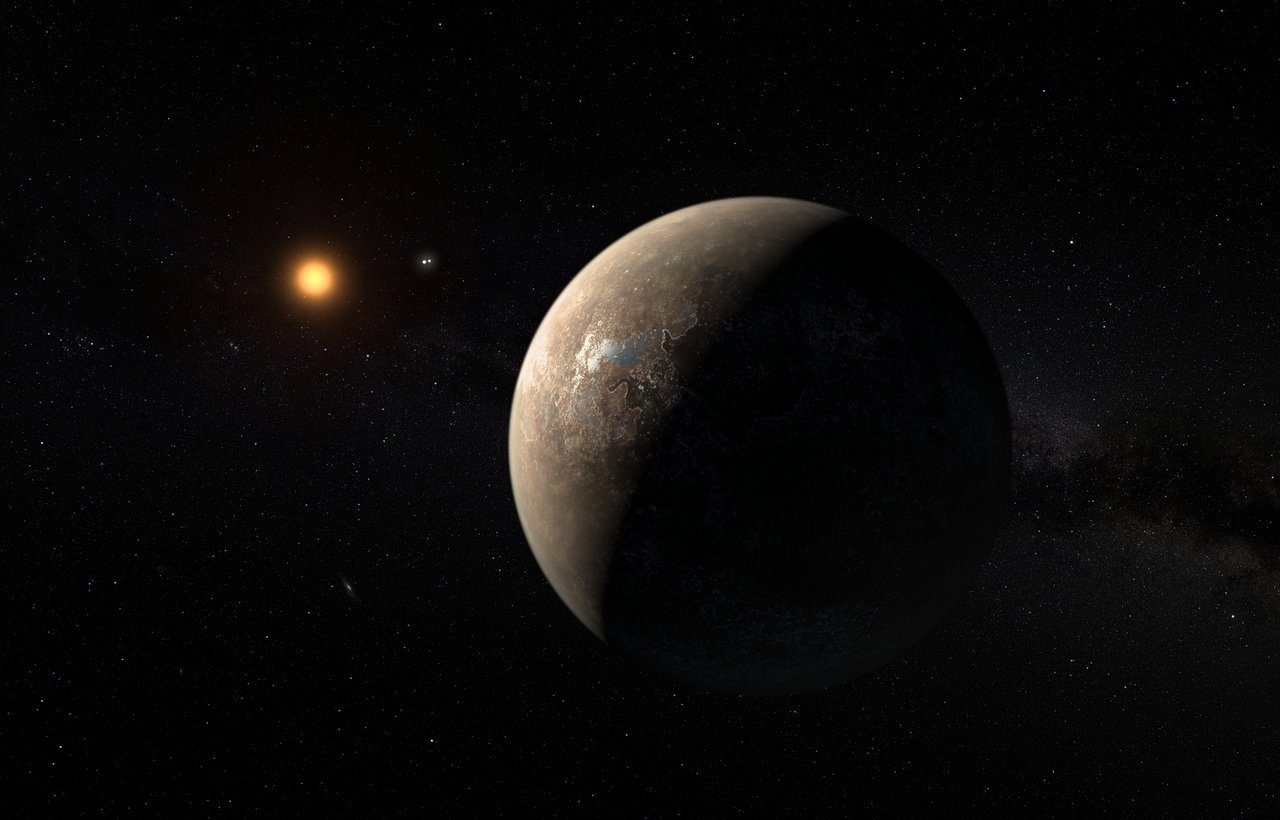SUMMARY
This is AI generated summarization, which may have errors. For context, always refer to the full article.

MANILA, Philippines – A “discovery beyond our solar system” will be the focus of a major news conference on Wednesday, February 22, setting the scientific community abuzz.
US space agency NASA will hold a news conference scheduled at 1 pm US EST (2 am on Thursday, February 23, in Manila), “to present new findings on planets that orbit stars other than our sun, known as exoplanets,” it said in a statement on Tuesday, February 21.
Leading the panel at the event is Thomas Zurbuchen, associate administrator of NASA’s Science Mission Directorate. Experts from NASA’s Spitzer Science Center, Belgium’s University of Liège, the Space Telescope Science Institute, and the Massachusetts Institute of Technology will also be on hand.
The event will be livestreamed by NASA. People can participate online by using the hashtag #askNASA, the agency said.
After the news conference, the experts will participate in a Reddit AMA on exoplanets.
The discovery will also be published in the scientific journal Nature.
The upcoming announcement puts the spotlight anew on exoplanets, which for years now has attracted scientists’ curiosity due to their potential for harboring life outside Earth.
The first exoplanet was detected in 1995, but the number has exploded in the last few years. A recent statistical study estimated that there are a trillion in our galaxy alone.
Today, according to a NASA tally, there are 3,374 known exoplanets. Of those, 1,248 are so-called ice giants, 990 are gas giants, and 775 are “super Earths” with masses many times higher than the rock we call home.
There are only 347 smaller terrestrial planets with Earth-like mass, and of those only a handful are in a “temperate” zone that would allow for the presence of liquid water – a key ingredient for life (as we know it).
The closest exoplanet discovered so far is located in Proxima Centauri, the star closest to our own sun. Exoplanet Proxima b’s discovery was announced just last year, and it is seen by experts to have potential to support life. – with a report from Agence France-Presse / Rappler.com
Add a comment
How does this make you feel?
There are no comments yet. Add your comment to start the conversation.